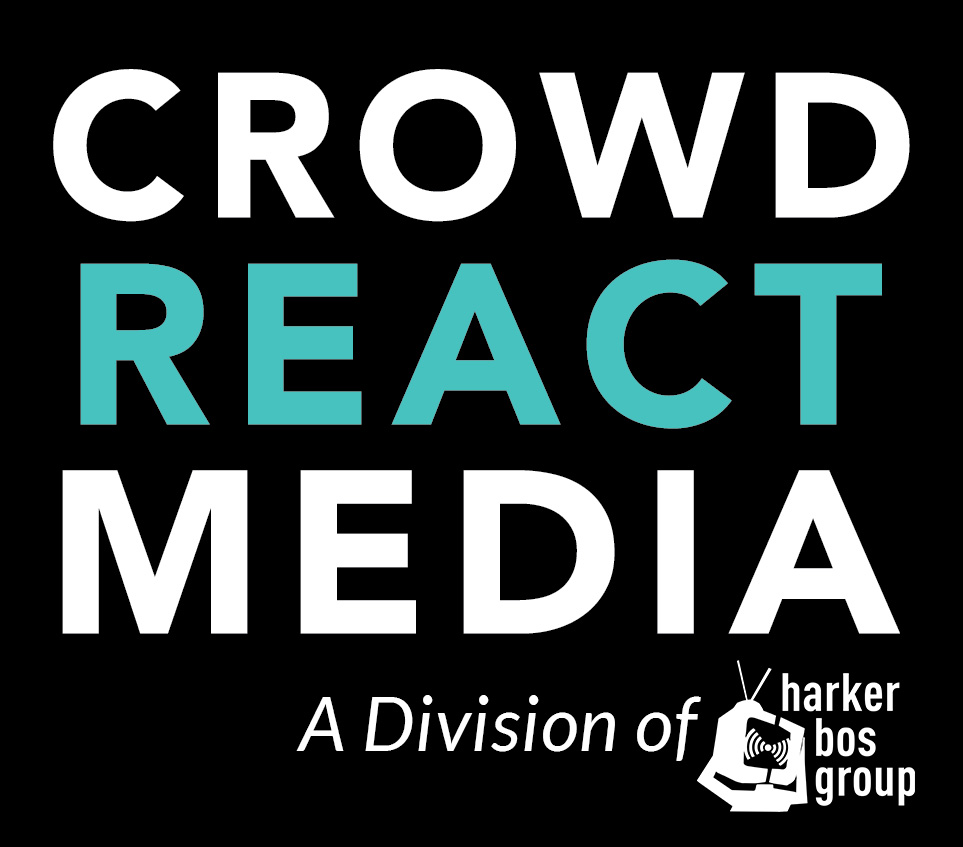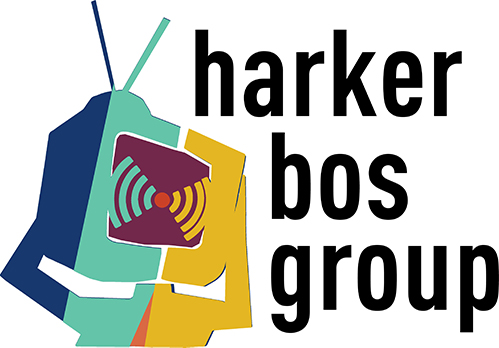Weekly Roundup – Week of October 31, 2022
Sports Media & Sports Betting News
Nielsen, Amazon Prime Spar Over Who Really Watches Football
"By the Nielsen company’s count, 7.8 million people watched Amazon Prime’s coverage of last Thursday’s NFL game between New Orleans and Arizona. But Amazon says no, there were actually 8.9 million people watching.
So which is it?
You’ll have to judge for yourself. After each of its Thursday night games this season, Amazon has publicly contradicted Nielsen in this manner, one of the boldest challenges ever to a company that for generations has monopolized the count of people watching programs on television.
Neither company is saying the other is wrong, but neither is backing down, either. The result is confusion, most notably for advertisers.
Nielsen, as it has for years, follows the viewing habits in a panel of homes across the country and, from that limited sample, derives an estimate of how many people watch a particular program. That number is currency in the media industry, meaning it is used to determine advertising rates.
Amazon, in the first year of an 11-year contract to stream Thursday night games, says it has an actual count of every one of its subscribers who streams it — not an estimate. The games are also televised in the local markets of the participating teams, about 9% of its total viewership each week, and Amazon uses Nielsen’s estimate for that portion of the total."
Gov. Newsom Opposes Prop 27 For Online CA Sports Betting
"With Prop 27 seemingly on the verge of failure, Gov. Gavin Newsom on Wednesday finally came out against the legalization of online CA sports betting.
“Proposition 27 is bad for California,” Newsom said in a statement. “It would hurt California’s Indian Tribes, increase the risks of underage gambling, and push billions of dollars out of California and into the pockets of out-of-state corporations.
“Vote No on 27.”
Proposition 27 on California sports betting faces a Nov. 8 Election Day decision.
Prop 27 continues to poll poorly
Sportsbook-backed Prop 27, which would legalize online apps, is polling at only 26% support, according to the Public Policy Institute of California’s (PPIC) latest results. Tribal-backed Prop 26, which would permit retail at casinos and race tracks, is polling at 34% support.
The PPIC poll released Wednesday night says just 9% of likely CA voters are personally invested in sports betting, while 48% say legalizing sports betting would be a bad thing.
...
Newsom’s stance aligns perfectly with that of the tribes, who consider Prop 27 failing a significant victory. A defeat of Prop 27 keeps the status quo and prevent online sports betting operators like FanDuel and DraftKings from accessing a market that tribes fear could expand to iCasino.
Newsom could be attempting to curry favor with the tribes, given that all the polling data already points strongly toward Prop 27’s failure."
Canada's Sports Podcast Revolution: As Radio Cuts Back, A Digital Empire Emerges
"Scaling Chartable’s list of Canadian sports podcasts might not be quite that easy, but a proliferation of shows from independent companies is challenging the traditional hierarchy. Several creators have said they are filling the vacuum left behind by cutbacks in terrestrial sports radio across Canada, especially in markets outside Toronto.
Nobody needs a transmitter in digital space, which is where the battle for consumers has shifted, with the country’s sports radio duopoly — Bell Media and Rogers Sports & Media — now in competition with voices that do not require support from a multi-billion-dollar telecommunications giant.
Some of those voices are familiar. In Calgary, Winnipeg and Vancouver, shows that once appeared on terrestrial sports radio are now exclusively digital. McCown is still in Toronto, and he is still defiantly creating the same listening experience he did for decades at The Fan 590, but on a new platform.
“Appointment-based listening is a dying business,” said Jordan Gnat, chief executive of Playmaker Capital, a company that has grown through a series of acquisitions in digital sports media. “It’s not that people don’t want to listen anymore. It’s (that) they want to listen to the product they want, the personality they want, and when they want it. Podcasting does that for you.”"
Top Exec: 'No Hesitation' On ESPN Betting, But Where Is It?
ESPN president of programming Burke Magnus said Monday at a conference the network has “no hesitation” on entering the sports betting space.
Yet, four years after the fall of PASPA, ESPN’s exact sports betting plans remain unclear.
“Obviously, being part of Disney, we have different considerations relative to our activities in the space,” Magnus said during a panel Monday at the Financial Times Business of Sport US Summit in Manhattan. “But we’ve done research that has suggested that fans really see it as necessary for us to — and our responsibility to — be providing that kind of information and experience for that.
“We haven’t exactly determined how that’s going to manifest itself to this point, but it unquestionably is coming.”
ESPN still needs to be careful on betting
Magnus was asked a follow-up: is there some hesitation on sports betting given that Disney is a family brand?
“No,” Magnus replied. “(Disney CEO) Bob Chapek has talked bout it on earnings calls in the past. There’s no hesitation. It just requires a little bit more of a filter in terms of our decision-making process that, in haste, we don’t make a mistake, because I think we would be judged differently than others.”
News & Political Media News
Republican Support Rises Ahead Of Election Day, With Inflation Driving Voters
"Republicans are resurgent as the midterm campaign heads into its final stretch, an exclusive USA TODAY/Suffolk University Poll finds, amid angst about President Joe Biden's leadership and the nation's economy.
As Americans feel the bite of inflation in their daily lives, from eating out less often to canceling vacations, voters overwhelmingly view the election as a way to send a message to the White House – and by double digits, that message is to change course.
On a generic ballot, one naming parties but not individual candidates, those surveyed now support the Republican congressional candidate over the Democratic one by 49%-45%, a turnaround since the USA TODAY poll taken in July, when Democrats led 44%-40%. The findings stoke GOP hopes of gaining control of the House of Representatives in the Nov. 8 elections, and with that, new powers to confront the Democratic White House.
Democratic congressional candidates have held their support since the summer, ticking up 1 percentage point, but most of the 16% of voters who were undecided then have now made up their minds and moved to the GOP. As early voting is opening in many states, just 6% remain undecided."
A Social Media Status Update - Top Social Media Apps Are Struggling After A Decade Of Dominance
"For years, most of the conversation about social media companies was about how powerful and dominant they were.
These days? Not so much.
The tech industry has had a rough year, and social media companies have been hit especially hard. The stock price of Meta (formerly known as Facebook) has plummeted more than 60 percent. Snap, the maker of Snapchat, has fallen more than 80 percent. Layoffs and hiring freezes are common, and some companies have begun cutting their famously cushy employee perks. (No more free laundry, Metamates!)
...
Meta’s cash-cow social media apps — Facebook and Instagram — are in decline, with younger users abandoning them for apps like TikTok. Meta has also lost billions of dollars in advertising revenue because of changes Apple made in 2021 to its mobile operating system, which made it harder for apps to track users across the internet. And investors are skeptical that Mark Zuckerberg’s big bet on the metaverse will pan out in time to turn the company around.
...
TikTok has what every social media company wants — a big, engaged user base, a format that keeps people scrolling for hours and an iron grip on youth culture and the entertainment industry.
But in some ways, TikTok is the most vulnerable app of all. The Chinese company ByteDance owns it, and U.S. regulators have been circling for years, looking for proof that the Chinese government is steering or influencing TikTok. If they find it, they could declare TikTok a threat to national security and ban the app — game over."
Voter Isolation Grows As 2024 Candidates Forgo Mainstream Media
"America is on the verge of the first truly parallel universe presidential campaign — where the parties speak to distinct groups of voters, in distinct media ecosystems, pushing distinct realities.
Why it matters: The days of appearing on the same media channels or even the same debate stage seem over.
Forget traditional debates. Equal time on conventional TV. Or mainstream reporters pushing candidates from both parties.
Instead, narrowcasting playbooks that have been road-tested in this year's midterms will be deployed at scale.
The result: The right talking to the right ... Left talking to the left ... And the new silent majority — people who don't marinate in tweets or cable news — left out like never before.
Debates are a key casualty. As we told you yesterday, they've dwindled in this year's congressional races. Ahead of 2024, the RNC formally cut ties with the Commission on Presidential Debates after 35 years.
Our thought bubble, from Axios' Josh Kraushaar: So-called silent majority swing voters have mostly tuned out political noise — they view it as a partisan kabuki show. They’re voting on the economy.
These are the voters who have given both parties a vote of no-confidence since 2006 — and have been responsible for Congress swinging back and forth in so many elections since then."


